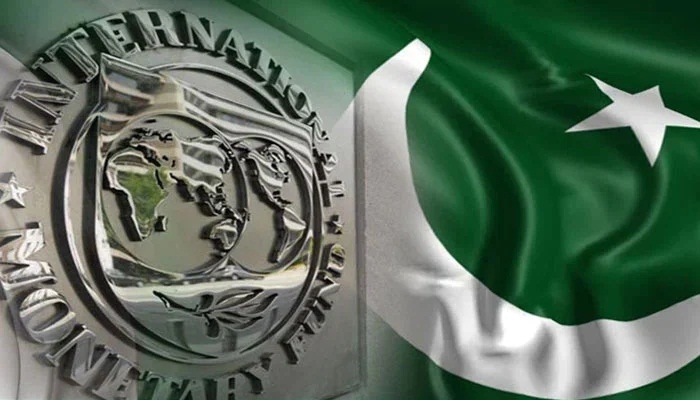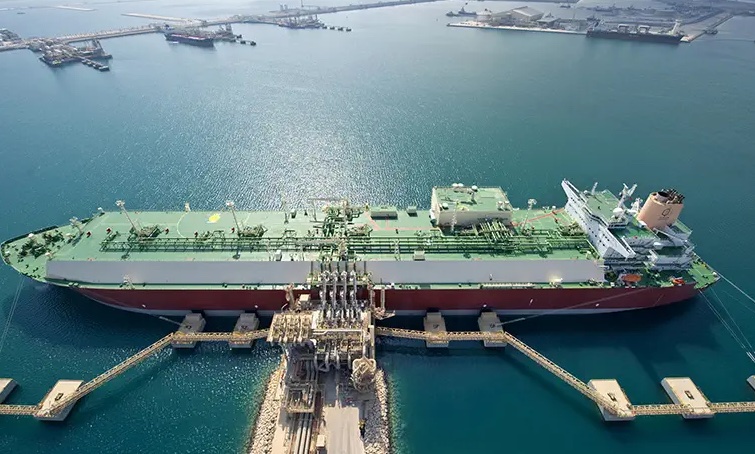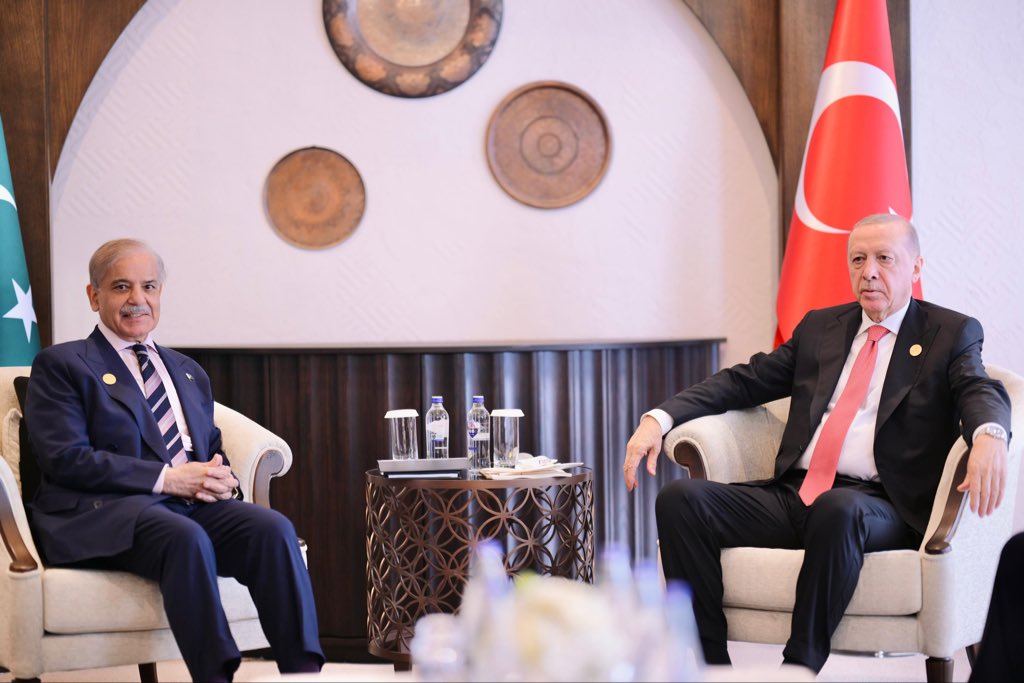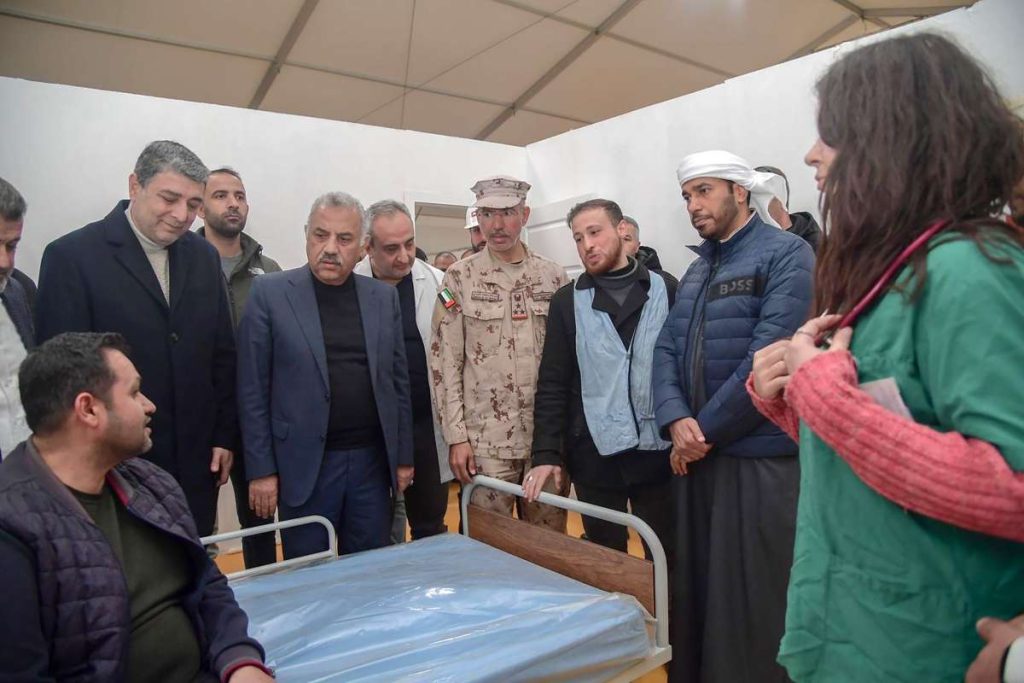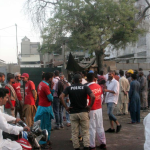Emphasizing the need for an increase in tax revenue, the IMF chief stated that it has to be the rich sector of the country, who contribute to the economy…reports Hamza Ameer
Managing Director of the International Monetary Fund (IMF) Kristalina Georgeiva has advised Pakistan to stop giving tax evasion subsidies and plans to the rich if it wants to function as a country.
The statement was given after a question was raised on why the IMF is delaying its funding programme to Pakistan, despite the fact that the country is on the verge of an economic meltdown and was still suffering from last year’s catastrophic floods which had affected at least 33 million people.
“My heart goes out to the people of Pakistan. But the Pakistan government needs to collect higher taxes by withdrawing subsidies to the rich,” said Georgeiva.
“IMF has asked Pakistan to take steps to function as a country and not to get into a dangerous place where the country’s debt needed to be restructured. I think this demand is the most suitable expectation,” she added.
Emphasizing the need for an increase in tax revenue, the IMF chief stated that it has to be the rich sector of the country, who contribute to the economy, and not be provided with subsidies to get away from paying taxes.
“Number 1, tax revenues. Those who can, those that are making good money, pubic sector, private sector, they need to contribute to the economy.
“And secondly, to have a fairer distribution of the pressure by moving subsidies only towards the people who really need it. It should not be like the wealthy benefit from subsidies. It should be the poor who benefit from them,” she added.
The remarks come after Pakistan and the IMF staff concluded the ninth review of the $6.5 billion bailout package without an agreement.
To fulfil the pre-condition of the IMF, Pakistan has agreed to implement the Memorandum of Economic and Financial Policies (MEEP) and has already started taking difficult decisions, including increase in prices of petroleum products, taxes and in the energy sector.
Pakistan is hopeful that its continued talks with the IMF team would be able to a workable set of measures that could still help clinch the deal in the coming days.
The cash-strapped country hopes to convince the IMF about implementing the conditions of the funding progamme in a gradual and slow manner were completely crushed during the 10-day visit of the IMF delegation to Pakistan, who made it crystal clear that Islamabad will not be allowed to make any commitments on items, it is already overdue on.
It would not be wrong to maintain that IMF has refused to trust the incumbent government of Shehbaz Sharif and has clearly maintained its serious reservations on former premier Imran Khan as well, who they say violated the deal blatantly when he announced reduction in fuel and energy prices.
And now, when IMF is the only way out for Pakistan; meeting up to its demands is something that has forced the Sharif government to take political unpopular decisions and sacrifice its political standing to get the country out of its dire economic conditions.

